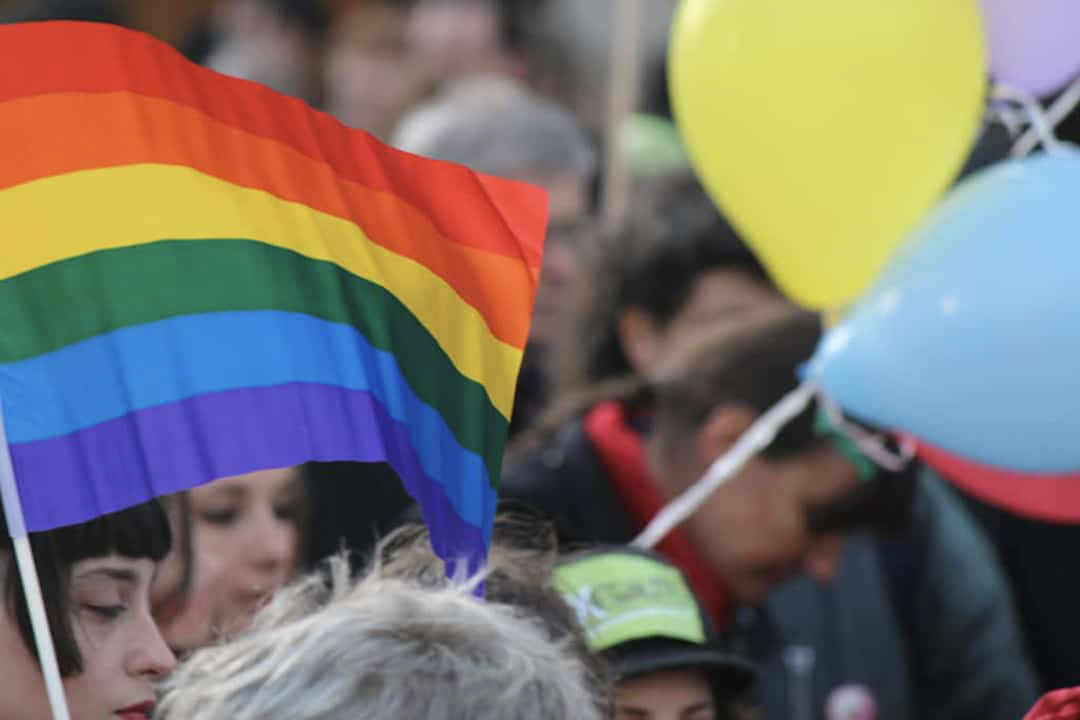On June 13, the No Pride in Policing Coalition (NPPC) hosted a virtual teach-in that discussed the connection between queer and BIPOC liberation and reforming the justice system. Participants spoke about the history of Pride, continued colonial violence in Canada, and the current actions of Toronto law enforcement.
The online seminar “Creating and Building Abolitionist Futures,” which served as an alternative to mainstream Pride Month events, had around 80 attendees. For the past three years, NPPC has organized events during Pride month and describes itself on its website as “an antiracist queer and trans group formed to support Black Lives Matter – Toronto.”
Pride’s authentic origins
Beverly Bain — a founding member of NPPC and assistant professor at UTM specializing in historical studies in Women, Gender, and Sexuality Studies — served as the event’s moderator.
In an interview with The Varsity, Bain reiterated NPPC’s mission to redefine Pride events away from the influence of corporations and law enforcement, resurrecting their abolitionist origins rooted in the Stonewall riots. The Stonewall uprising was a series of clashes between gay protestors and police in New York City on June 28, 1969, which sparked an international LGBT rights movement.
Bain said, “Pride today is not Pride, invested in liberation… it has now become a corporatized state investment.”
Panelist Robyn Maynard — an assistant professor at UTSC specializing in Black feminisms in Canada — said that if Pride remained true to its abolitionist roots, the movement would have been more effective. “What would Pride in Toronto look like this year if the kinds of real movement cross-pollination that we saw in the heyday of gay liberation and Black liberation and red power and anti-prison organizing had not been sidelined?” she asked the audience.
Policing marginalized communities
Brianna Olson-Pitawanawkat, a co-leader of Toronto Indigenous Harm Reduction and a member of Wiikwemikong Unceded First Nation, was also a panelist. She said the carceral system perpetuates persistent colonial violence within Canada.
“When we talk about abolition, we’re talking about abolishing the systems of carceral punishment and the systems of colonial white supremacy,” she said.
Over the month of July in 2021, dozens of Toronto Police officers and private security personnel raided tent encampments in three Toronto parks, which activists criticized as cruel and ineffective. Olson-Pitawanawkat and fellow panelist Jamie Magnusson added that the detrimental impact of these encampment clearances disproportionately affected marginalized communities at the crossroads of disability, addiction, poverty, race, gender, sexuality, and class. Magnusson is also an associate professor of Adult Education and Community Development at the Ontario Institute for Studies in Education.The NPCC lists 25 demands on its website, mostly directed at police forces and government agencies, which range from “[cutting the massive Toronto Police Budget and all other police budgets immediately by at least 50%” to “[abolishing] the racist and colonialist RCMP.”



No comments to display.